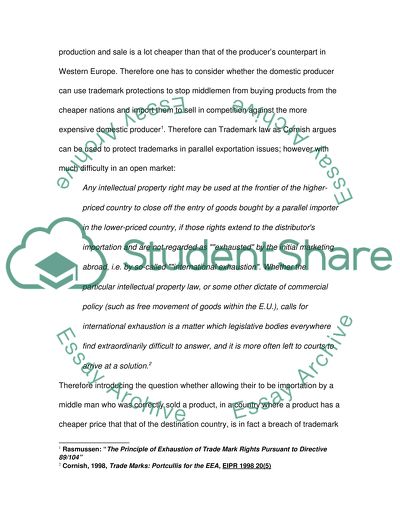Cite this document
(“Trademark Act Essay Example | Topics and Well Written Essays - 1250 words”, n.d.)
Retrieved from https://studentshare.org/miscellaneous/1511682-trademark-act
Retrieved from https://studentshare.org/miscellaneous/1511682-trademark-act
(Trademark Act Essay Example | Topics and Well Written Essays - 1250 Words)
https://studentshare.org/miscellaneous/1511682-trademark-act.
https://studentshare.org/miscellaneous/1511682-trademark-act.
“Trademark Act Essay Example | Topics and Well Written Essays - 1250 Words”, n.d. https://studentshare.org/miscellaneous/1511682-trademark-act.


